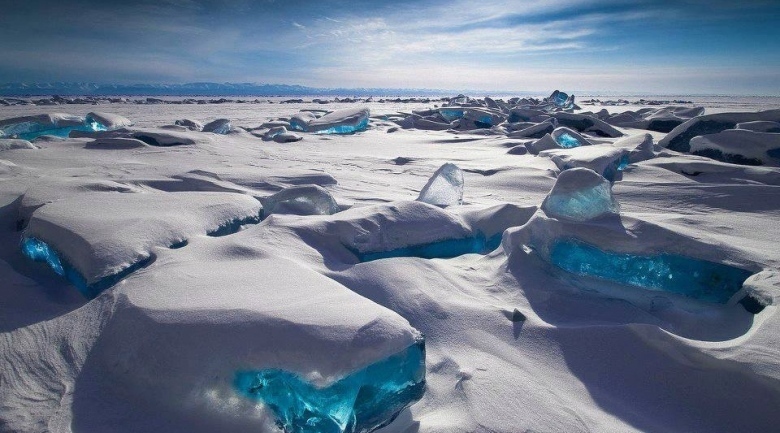
Mikhail Eremets at the Max Planck Institute used a diamond anvil to squeeze a tiny quantity of hydrogen sulphide to almost 1.6 million times atmospheric pressure. Although hydrogen sulphide is most familiar as a toxic gas with a smell of rotten eggs, when it is chilled at high pressure it transforms into a metal.
The researchers found that under the pressure from their diamond anvil it transformed into a material that superconducted at temperatures as high as -70 °C, breaking the previous record of around -110 °C. They’re not sure why it works, but it could have to do with the material’s hydrogen ions, which help electrons form so-called Cooper pairs – a configuration that lets current travel more swiftly.
Electrons traveling through a metal constantly ricochet off ions, losing energy with each bounce. However, in the process they slightly shift the position of positive ions in the metal, generating small clouds of positive charge. These positive clouds can pull electrons together, and result in the formation of Cooper pairs, which are much less likely to bump into metal ions and lose energy. Because of this, the electron pairs conduct a charge far more efficiently than single electrons.
However, the forces holding together these Cooper pairs are weak, any thermal energy in the system would break them apart, which is why superconductors typically work only at very low temperatures. What’s different about the new superconductor is that its positive ions include light hydrogen, which is more easily shifted by the electrons. This means the positive clouds are denser, and the electrons form stronger Cooper pairs that are less easily broken by heat.
Eremets hopes the new record will be beaten. There are still a lot of materials to try which could have even higher thresholds, he says. Finding room-temperature superconductors would spell a revolution in electronics, they could sustain a current indefinitely, without having to top up the power. “Theoretically they are not forbidden,” says Eremets.
